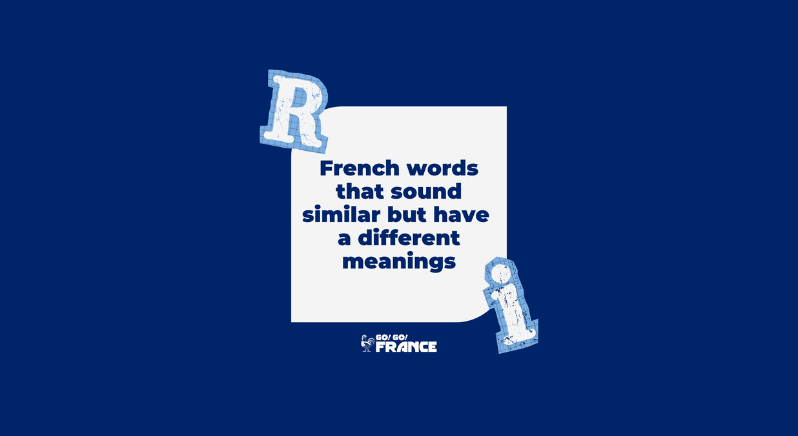Embarking on an educational journey in France presents an exciting opportunity for international students. At the heart of this adventure is the European Credit Transfer and Accumulation System (ECTS), a cornerstone that facilitates student mobility within Europe and increasingly, across the globe. Understanding the ECTS is crucial for those looking to study in France.
What is ECTS?
The ECTS is a standardized method for comparing the study achievements of higher education students across the European Higher Education Area (EHEA). Its primary aim is to enhance transparency and facilitate the recognition of academic qualifications and periods of study abroad.
Each ECTS credit represents a specific amount of workload, with 60 credits typically equating to the workload of a full academic year of study. In a standard academic year, these credits are usually broken down into several smaller modules. A typical “short cycle qualification” typically includes 90-120 ECTS credits. A bachelor’s degree consists of either 180 or 240 ECTS credits, while a master’s degree equates to 90 or 120 ECTS credits.
Want to learn more about French universities and French degrees? Check out our articles:
– https://gogofrance.com/en/blog/universities-in-france/
– https://gogofrance.com/en/blog/french-diplomas-recognition/

Earning ECTS Credits
ECTS credits are awarded upon successful completion of coursework and are quantified based on the total workload required. This includes attended lectures, seminars, independent study, preparation for exams, and the completion of assignments or projects. International students in France must actively engage with their chosen curriculum and demonstrate their understanding through various forms of assessment to earn these credits.
In the ECTS framework, 1 ECTS credit is equivalent to 25 to 30 hours of study work, although the most common reference is 25 hours. This includes not just contact hours (time spent in lectures, seminars, or workshops) but also the time spent on preparation, assignments, and examinations. For 30 ECTS credits: 750 hours of study, which typically represents a semester’s workload, and for 60 ECTS credits: 1,500 hours of study, usually considered a full academic year’s workload.

Utilizing ECTS Credits
The versatility of ECTS credits is a significant advantage for students. Within Europe, these credits are crucial for those looking to transfer between institutions, pursue further education, or participate in exchange programs like Erasmus+.
Beyond Europe, the ECTS framework is increasingly recognized by universities worldwide, facilitating global mobility for students seeking international education experiences.
ECTS in Europe vs. Worldwide
In Europe, the ECTS system is widely embraced, serving as a fundamental element in the educational landscape. Its standardized approach ensures that students’ academic achievements are recognized and valued across borders, promoting an environment of inclusivity and diversity in education.
Globally, the recognition of ECTS is growing, with many educational institutions outside of Europe acknowledging the value of these credits. This worldwide acceptance underscores the system’s reliability and the high quality of European education, making ECTS an essential tool for students aiming to study abroad, particularly in France.

The Value of ECTS for International Students
For international students, the ECTS system offers a clear and transparent pathway to understanding the academic requirements in France and across Europe. It enables students to plan their studies effectively, ensuring that every credit earned contributes to their overall academic and career goals.
Moreover, the system’s adaptability facilitates a smoother transition between different educational systems, enabling seamless exchanges abroad through credit equivalences between the host university in France and the students’ home university.
As the world becomes increasingly interconnected, the value of ECTS extends far beyond Europe, offering students a passport to a global education.
For those aspiring to live and study in France, do not hesitate to contact our team. We will assist you in securing your accommodation, obtaining your visa, and more, ensuring you can start your new life in France with as little stress as possible.











